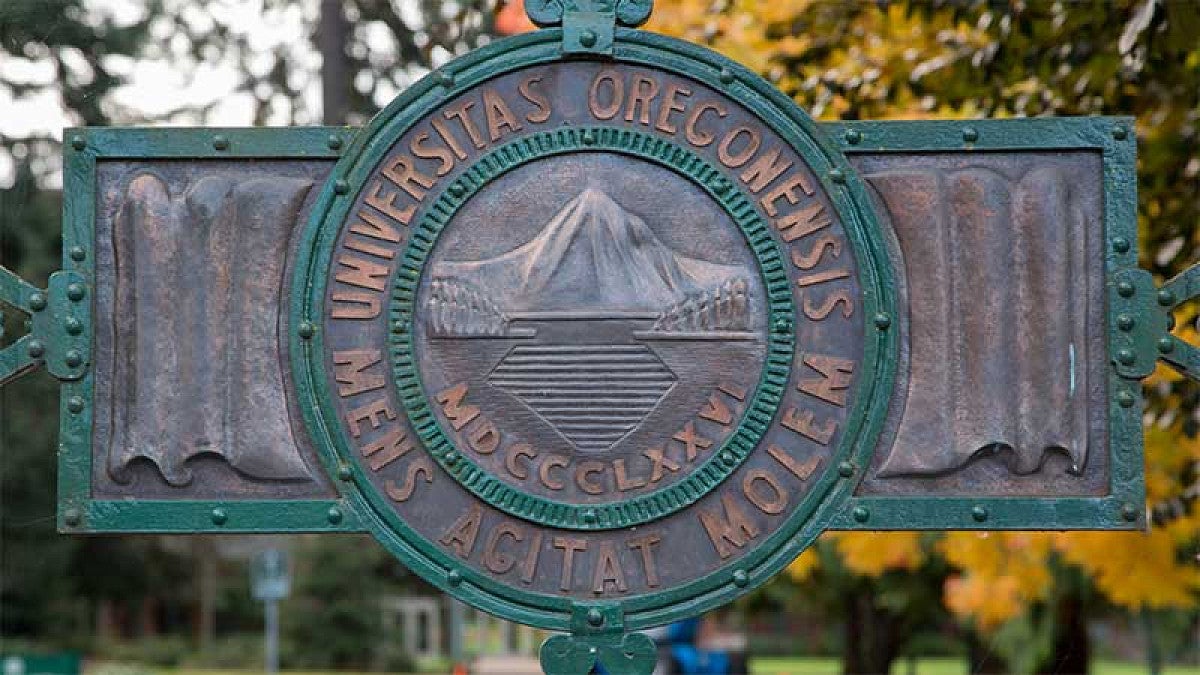Several strategic initiatives will receive funding after President Michael H. Schill and Provost and Senior Vice President Jayanth Banavar approved a set of recommendations from the UO’s Budget Advisory Group.
The largest investment, $400,000, will go to reduce differential tuition in the Clark Honors College, a move that was announced earlier this month when the Board of Trustees of the University of Oregon approved tuition and fees for the next academic year.
In addition, several key positions and initiatives will receive funding, including:
- Funding for three professional advising positions in Undergraduate Studies to help provide critical, needed services: $270,000 per year, continuing.
- Additional funding for the Promising Scholars Awards that will provide stability and permanent funding to this existing program for five years. At the end of that time period, an evaluation will be done to determine the effectiveness of the program: $210,000 per year for five years.
- Funding for a policy implementation and training officer, a new position that will ensure compliance and training support for a new university policy on student sexual and gender-based harassment and violence complaints and responses and the Federal Clery Act: $117,408 per year, continuing.
- Additional funding for the Accessible Education Center, which accommodates student testing needs and collaborates with the University Testing Center to ensure appropriate support for requested disability-related testing accommodations: $70,000 per year, continuing.
- Support for a virtual reality lab for the School of Journalism and Communication at UO Portland that is suitable as a classroom and a research and design space: $51,000 per year for two years.
- One-time funding for software application, training and operational support for the Behavioral Evaluation and Threat Assessment Team and forensic psychologist assessments: $23,865.
The Budget Advisory Group reviewed 16 proposals, which totaled more than $3.8 million in recurring funds and $1.0 million in one-time funds.


